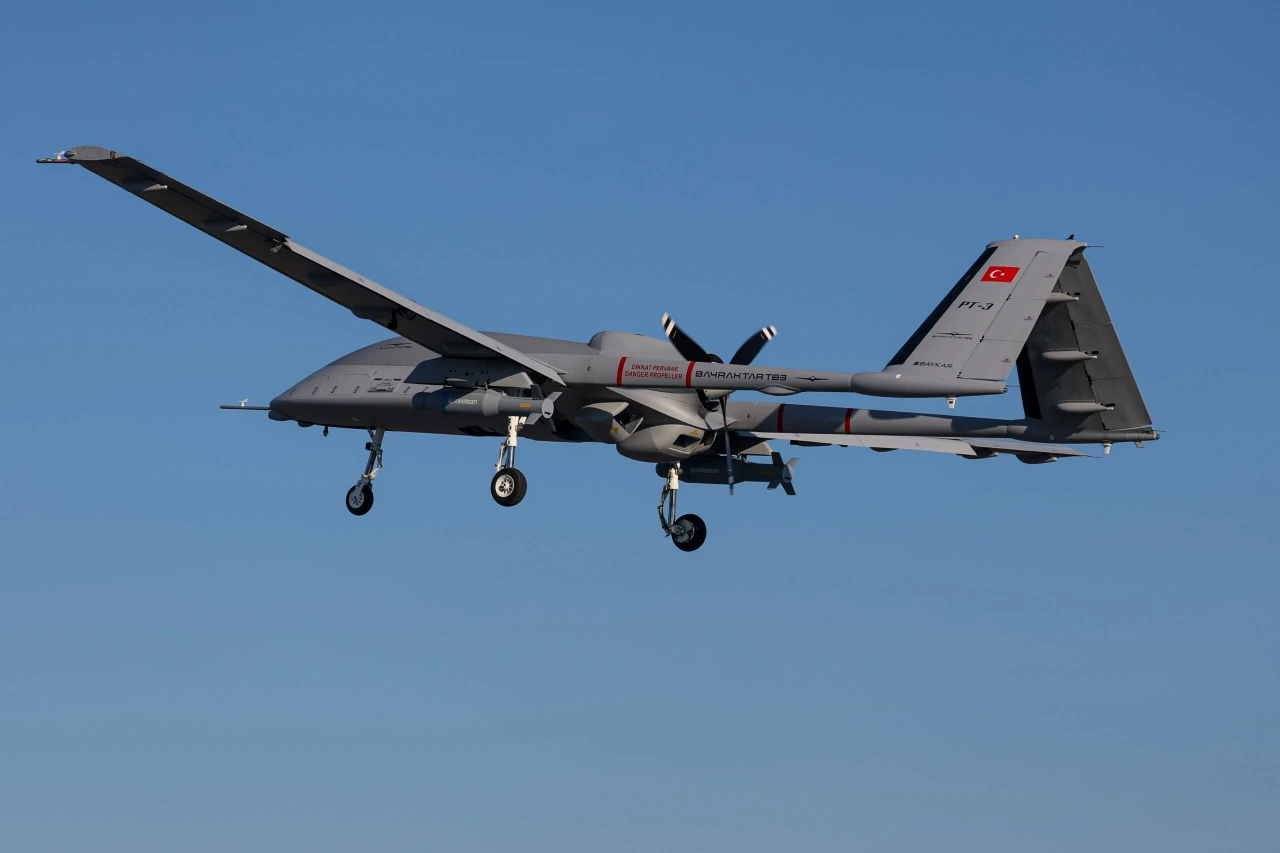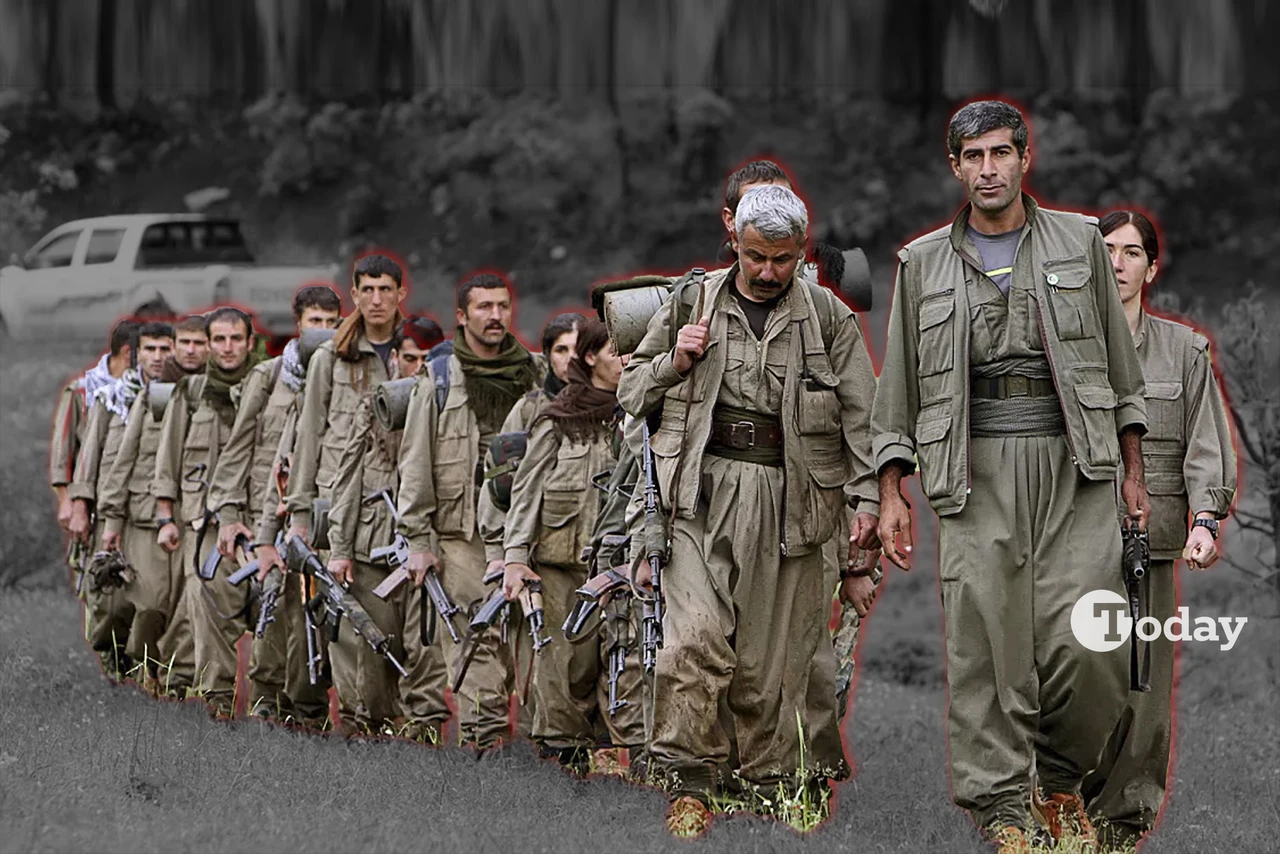US urges for swift end to Israel-Hezbollah conflict
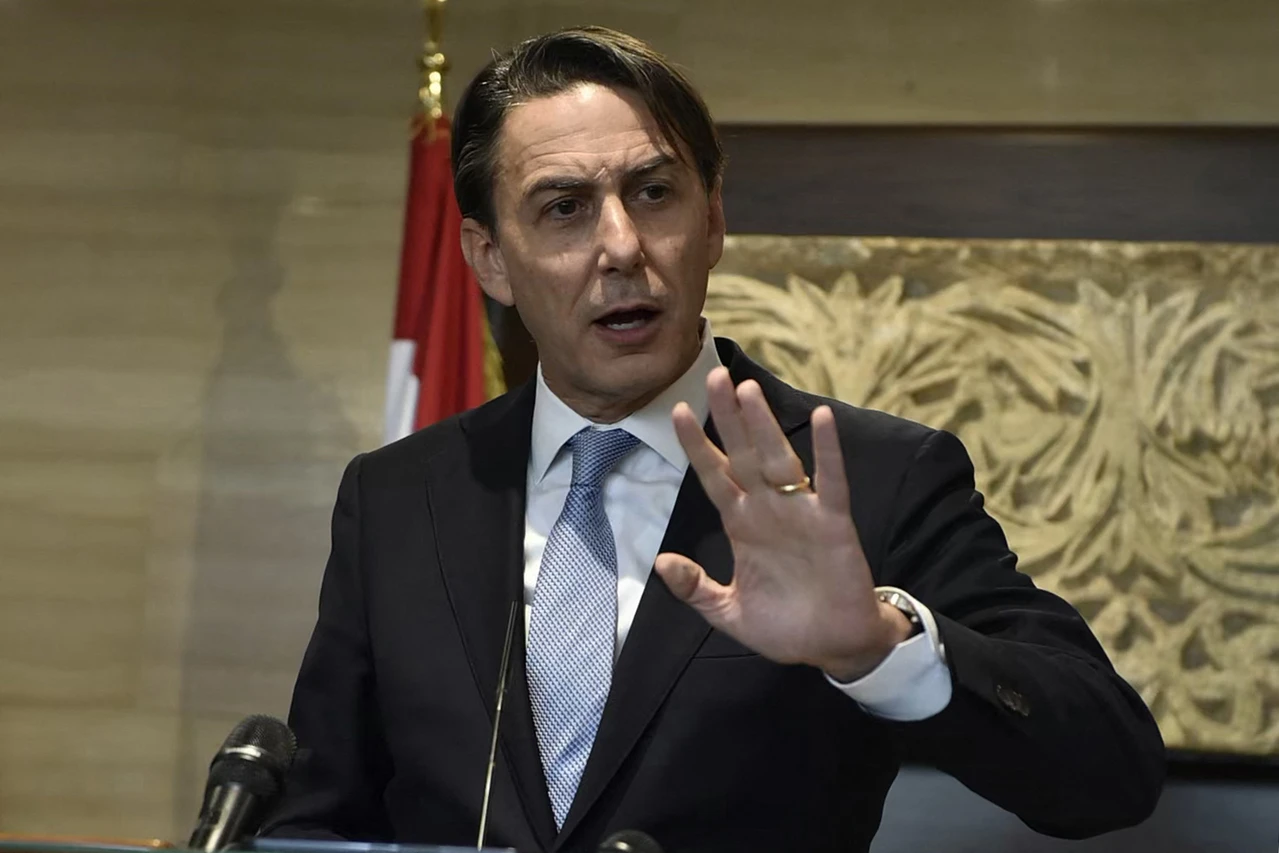 US special envoy Amos Hochstein speaks to reporters after a meeting with Lebanon's Parliament Speaker in Beirut on October 21, 2024. (AFP Photo)
US special envoy Amos Hochstein speaks to reporters after a meeting with Lebanon's Parliament Speaker in Beirut on October 21, 2024. (AFP Photo)
The United States called for a swift end to the ongoing war between Israel and Hezbollah on Monday, urging the enforcement of a U.N. resolution that mandates Hezbollah’s withdrawal from southern Lebanon.
U.S. envoy Amos Hochstein met with Lebanese Parliament Speaker Nabih Berri in Beirut as part of efforts to mediate a ceasefire after nearly a month of conflict, which has claimed over 1,470 lives in Lebanon so far.
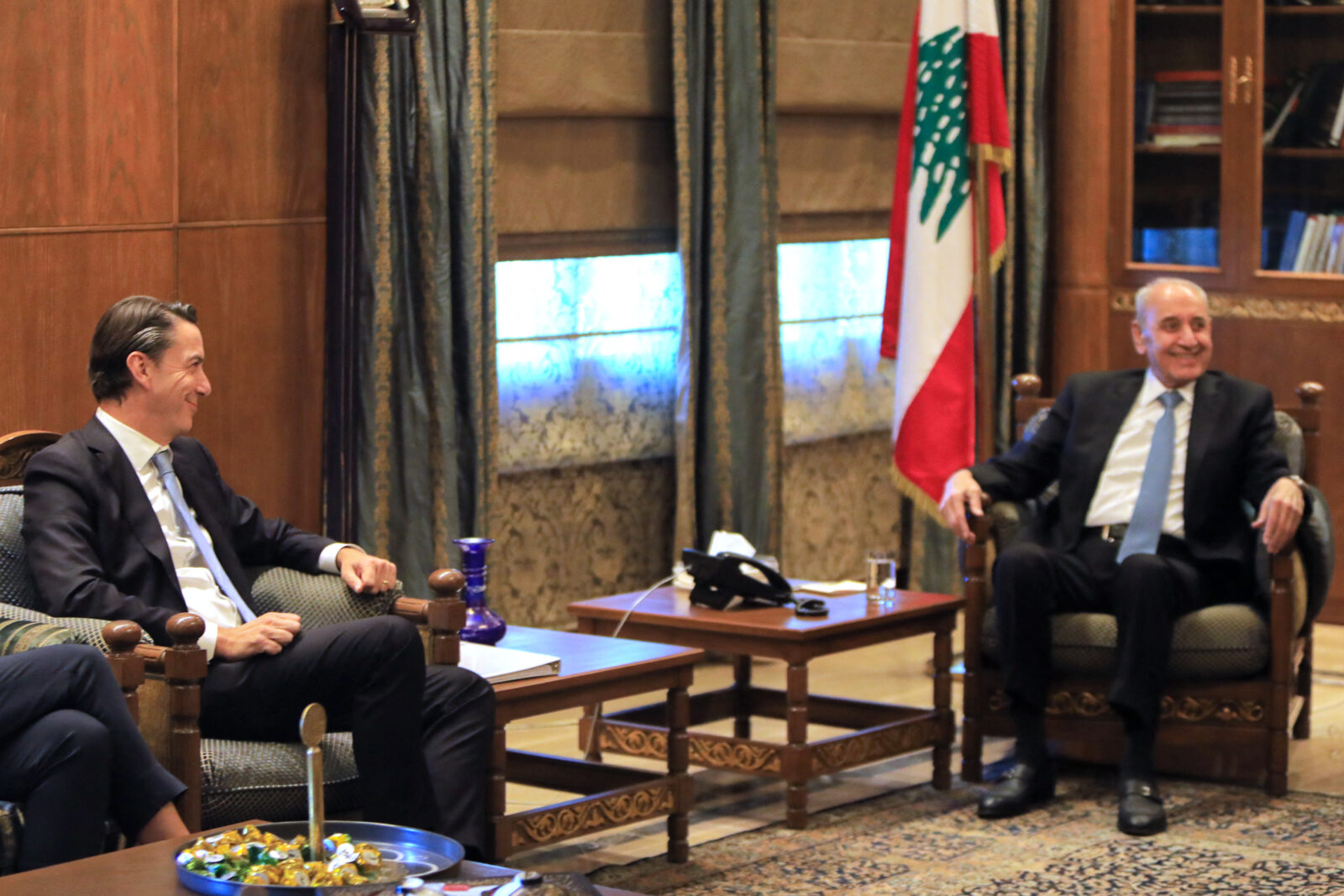
Push for ceasefire based on UN Resolution 1701
Hochstein emphasized the need for the parties involved to adhere to UN Resolution 1701, which ended the 2006 Israel-Hezbollah war. The resolution called for the Lebanese army and U.N. peacekeeping forces to control southern Lebanon, but Hezbollah has maintained its presence in the region.
“The commitment that we have is to resolve this conflict based on 1701,” Hochstein stated. However, he acknowledged that neither side has fully implemented the resolution since 2006, adding, “Both sides simply committing to 1701 is just not enough.”
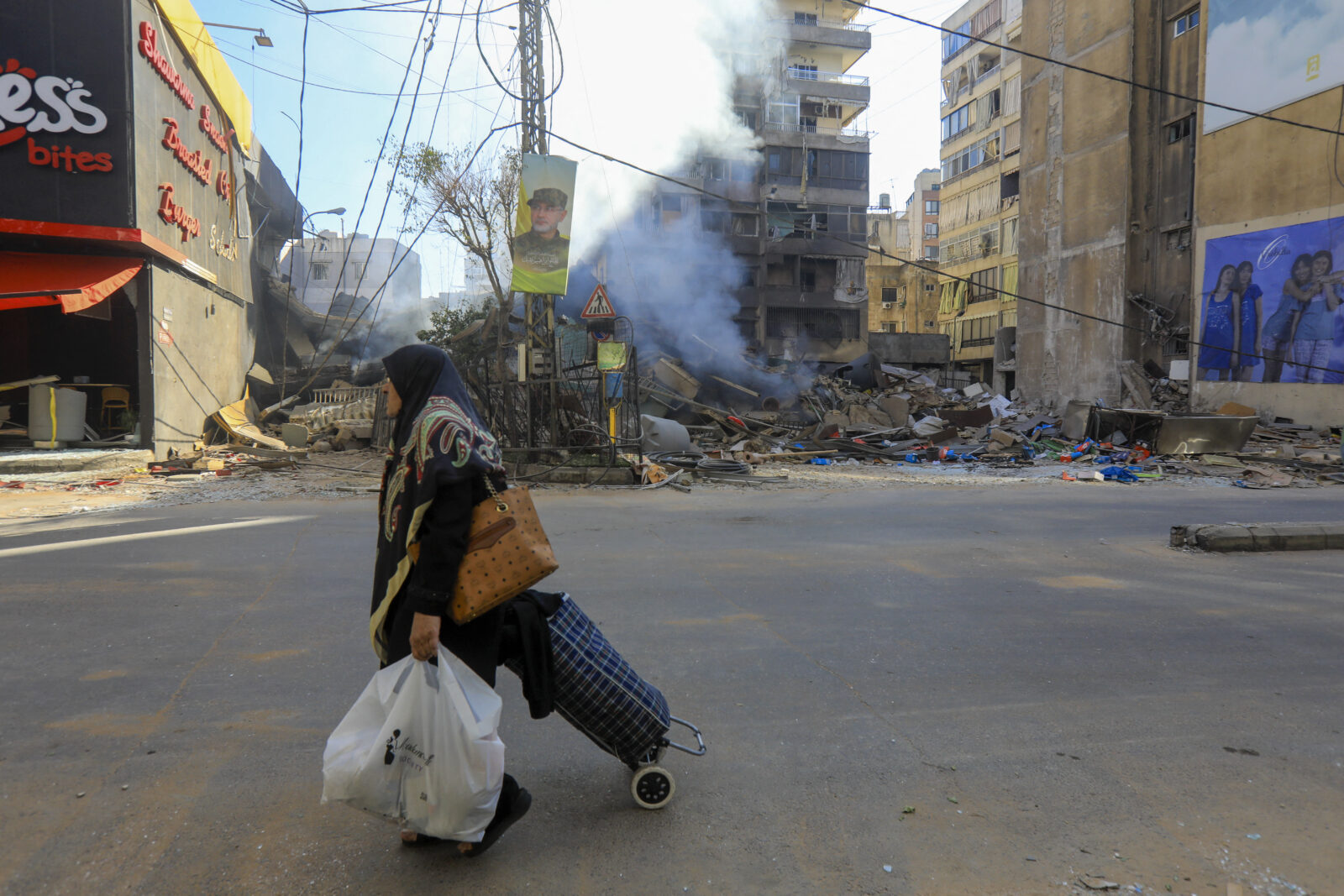
Lebanon’s readiness for cease-fire
Lebanese Prime Minister Najib Mikati expressed his government’s readiness to bolster its military presence in southern Lebanon if a cease-fire is reached. Lebanon plans to recruit 1,500 additional troops to support the army in maintaining control over the region.
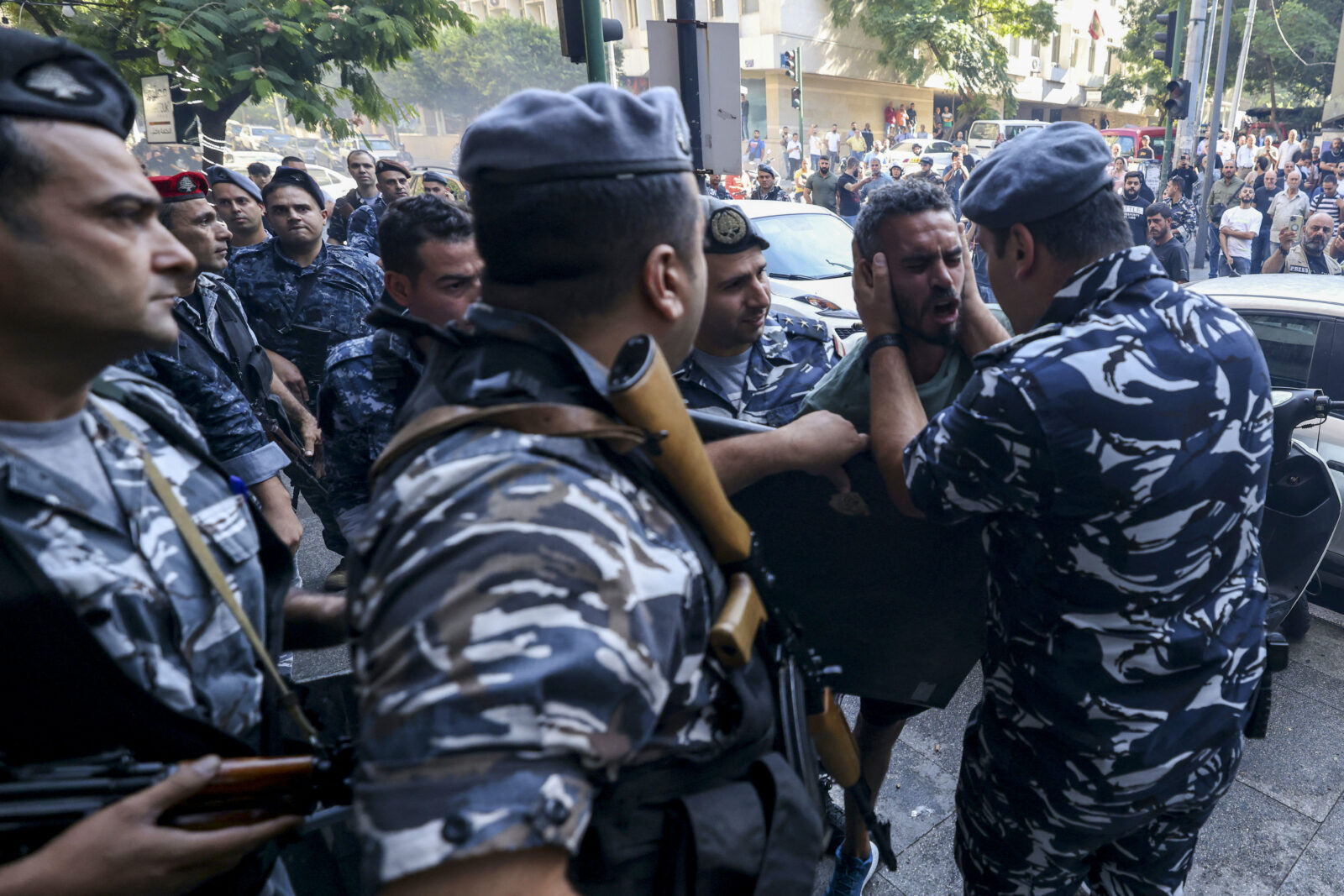
Cross-border fighting continues
Hezbollah’s involvement in the conflict escalated after the Hamas attack on Israel on October 7, 2023, and has continued despite calls for de-escalation. The Iranian-backed group has vowed to maintain its operations until a ceasefire in Gaza is achieved.
On Monday, heavy clashes were reported along the Israel-Lebanon border, with Israeli forces targeting Hezbollah positions in southern Lebanon and Beirut. Israel’s military accused Hezbollah-linked financial institutions, including Al-Qard Al-Hassan, of funding Hezbollah activities and targeted several of their branches in airstrikes.
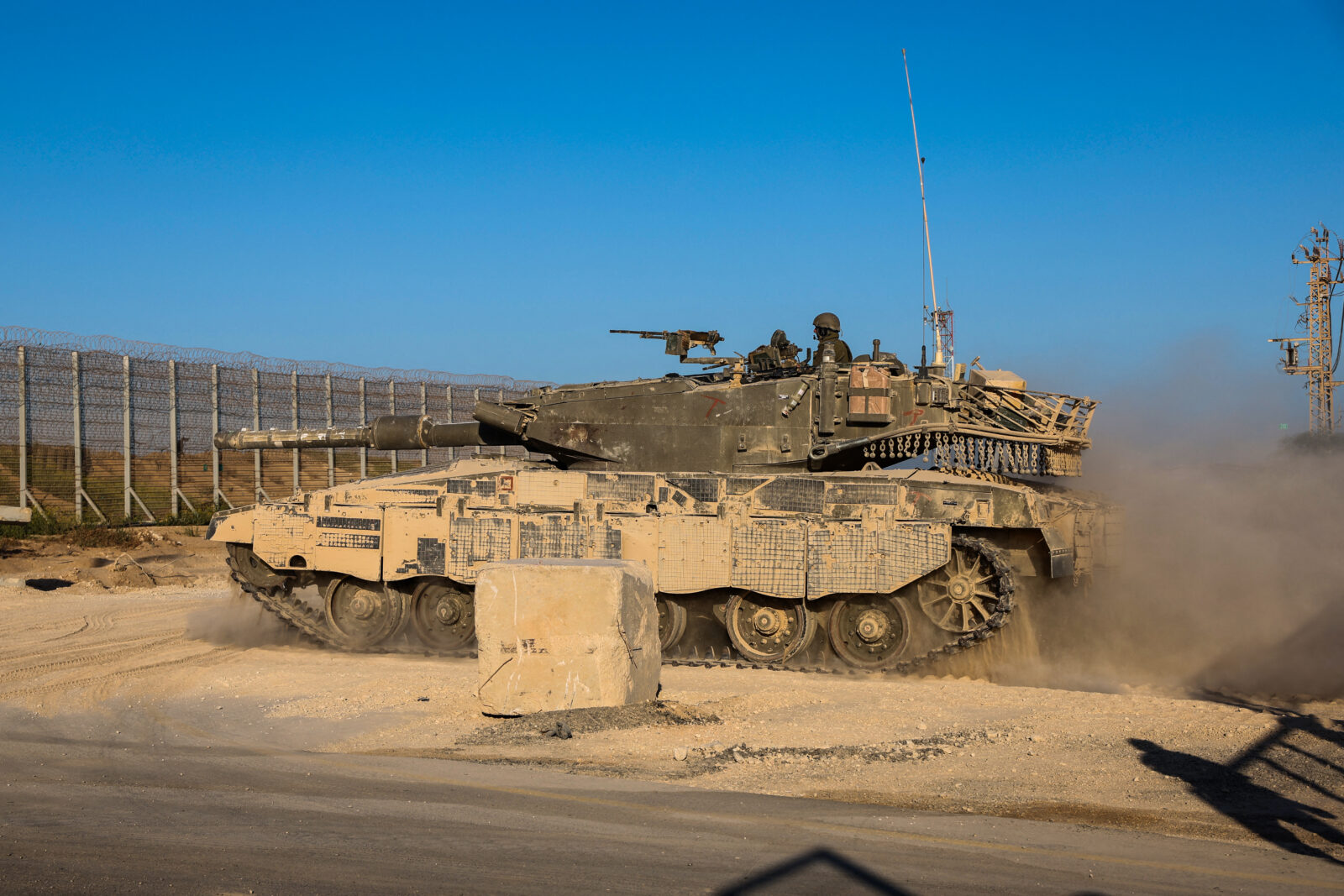
What is Al-Qard Al-Hassan?
Founded in 1983, Al-Qard Al-Hassan describes itself as a charitable organization that provides loans based on Islamic principles, which prohibits charging interest. The institution operates over 30 branches, primarily in Shiite-majority areas such as Beirut, southern Lebanon, and the Bekaa Valley, under a license granted by the Lebanese government.
Its significance has grown since Lebanon’s 2019 financial crisis, which left many Lebanese unable to access their bank savings.
The U.S. Department of the Treasury sanctioned Al-Qard Al-Hassan in 2007, accusing it of being a financial front for Hezbollah to access international financial systems. The Treasury stated that while Al-Qard Al-Hassan claims to serve the Lebanese public, it allegedly moves funds through shell accounts and facilitators, putting Lebanese financial institutions at risk of sanctions. Additional sanctions were imposed on individuals linked to the organization in 2021.
Hezbollah’s late leader, Hassan Nasrallah, who was killed in an Israeli airstrike on Sept. 27, frequently discussed Al-Qard Al-Hassan. Following a 2020 cyberattack that exposed the names of the institution’s clients, Nasrallah urged supporters to deposit their savings with the organization to prevent its collapse. He described it as a vital entity supported and protected by Hezbollah.
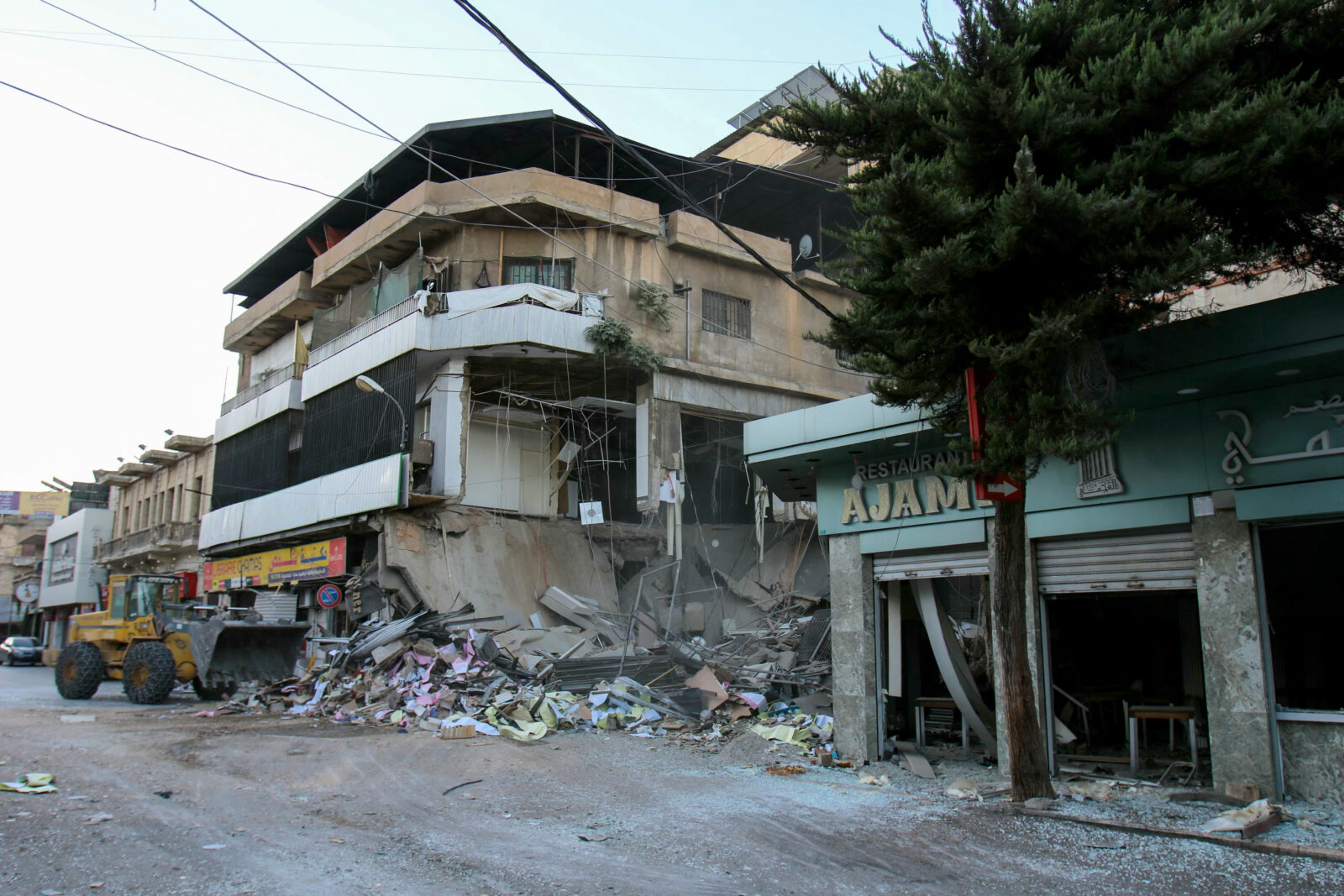
Israel expands strikes in Lebanon
Besides military targets, Israel expanded its airstrikes to civilian infrastructure linked to Hezbollah, accusing the organization of using financial networks to support its operations. Several strikes hit Al-Qard Al-Hassan branches across Lebanon, including in Nabatiyeh, Tyre and Beirut.
